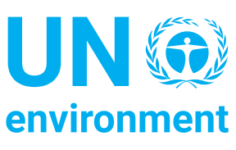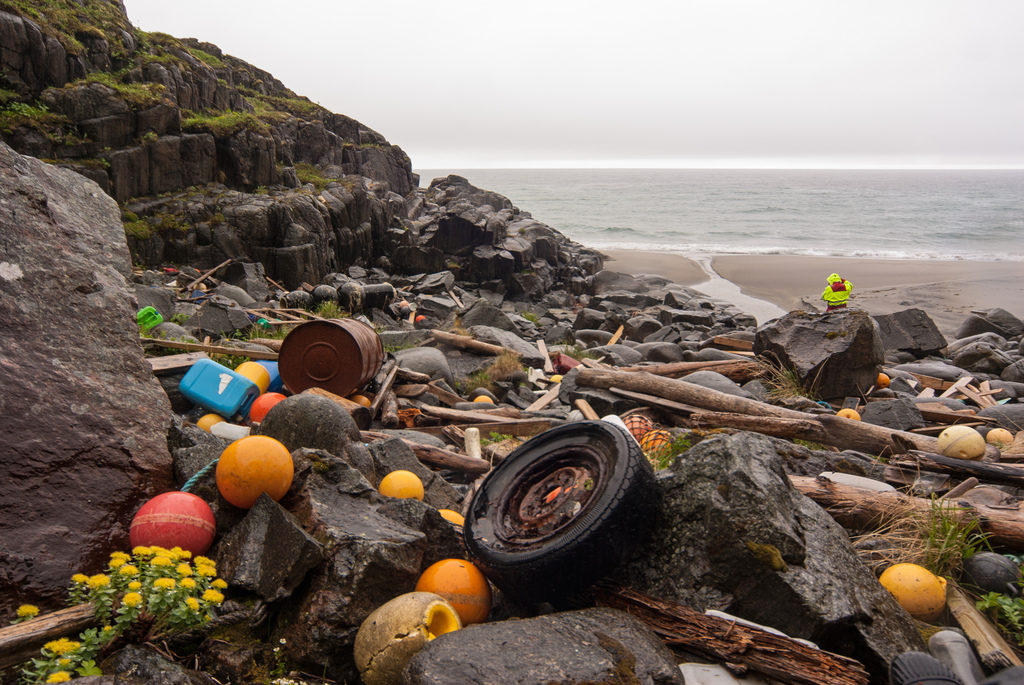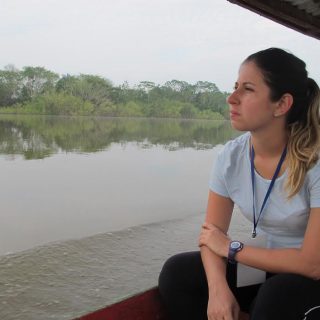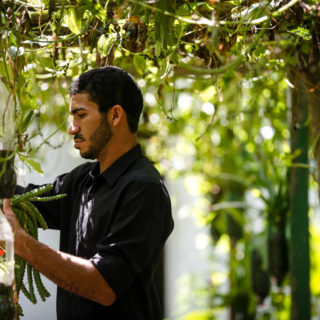The world is uniting against plastic waste. Shocked by images of marine life ensnared in plastic litter and alarmed by scientific studies showing how much plastic we unthinkingly consume, many people are finding solutions to the problem.
The Church of England suggested giving up plastic for Lent. Companies are finding a market for innovative edible bioplastics. And we have seen government after government simply banning disposable plastics. To catalyse this change, campaigns like #BeatPlasticPollution are taking centre stage on World Environment Day and Earth Day in an effort to fundamentally alter our plastic habits.
In the Asia-Pacific region, four entrepreneurs, accepting UN Environment’s Asia-Pacific Low-Carbon Lifestyles Challenge, are seeking to help solve the problem. The Challenge aims to mobilize and support young people with business ideas on how to foster energy-efficient, low-waste, and low-carbon lifestyles. From over 180 applications from young entrepreneurs, four were selected to win $10,000 in seed funding, as well as intensive business, sustainability and communications training.
Collectively, their four ventures follow the 3Rs: Reduce, Reuse and Recycle. They are on a mission to show that business can cash in on going plastic free.
REDUCE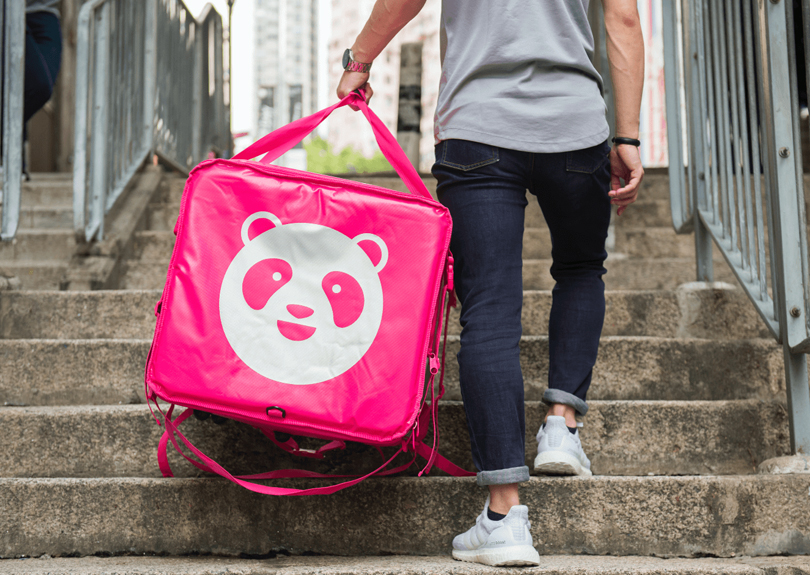 (Copyright Pratvadee Sananvatananont)
(Copyright Pratvadee Sananvatananont)
Pratvadee (Bonnie) Sananvatananont won for her idea to add a plastic cutlery opt-out system to Thailand’s popular food delivery service, foodpanda. Most people order food delivery when at home or the office, where they have access to durable cutlery; however, the plastic cutlery arrives automatically. If customers opted out on only 10 per cent of all orders, that would mean the service removes 276,000 sets of plastic cutlery in a year. But Sananvatananont thinks it will be substantially more than that. That’s not only good for the environment and the conscience of consumers, it also makes business sense: each set of cutlery costs money. Sananvatananont will introduce the opt-out system for Thailand, and invest the funds in research and piloting for the next step – biodegradable food containers and bags.
REUSE
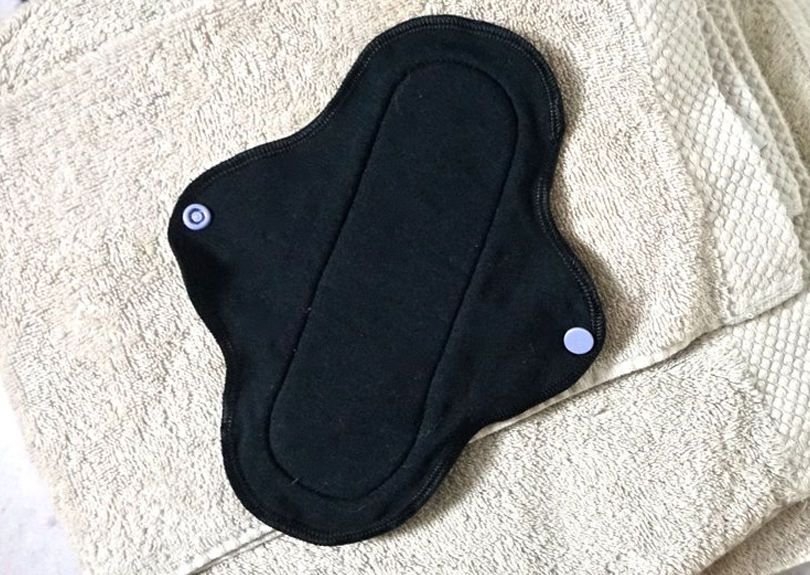 (Copyright Going Zero Waste)
(Copyright Going Zero Waste)
Samoan national Angelica Salele won for her venture producing reusable cotton feminine hygiene products. Disposable feminine sanitary pads contribute to household waste across the globe and put a strain on the Pacific island’s waste management systems. Not only will her product reduce waste, it will also be significantly cheaper than imported disposable alternatives. Disposable sanitary pads cost up to $15 per month, over $200 per year, which is a lot for middle- and low-income earners in the Pacific. Salele is currently trailing her product prototypes and hopes to launch her new, affordable product by the middle of this year. That’s another double win for both planet and pocketbook.
RECYCLE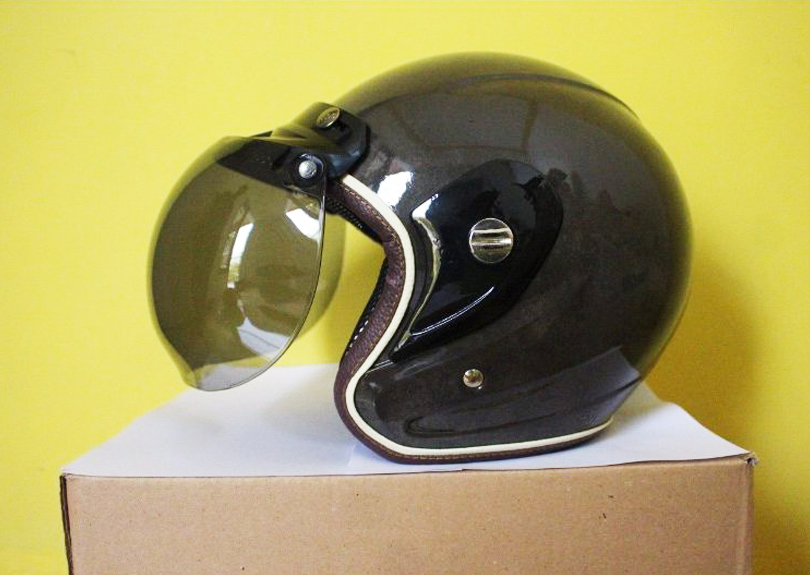 (Copyright Achmad Solikhin)
(Copyright Achmad Solikhin)
Indonesia’s Achmad Solikhin was awarded for his technology, BIOTIC, a plastic product based on recycled and bio-based plastic. A young and dedicated researcher, if you ask him about his invention, his eyes will light up as he explains the lignocellulose and nanoparticles involved. With good reason – his plastic combines secondary plastic from recycling facilities with bioplastic from any kind of agriculture waste with cellulose (he prefers rice crops) and finally involves a touch of bio-based nanomaterials to make the plastic super durable. Solikhin’s first product line will feature stylish helmets, but he plans to expand into compostable packaging and furniture production in the future.
UPCYCLE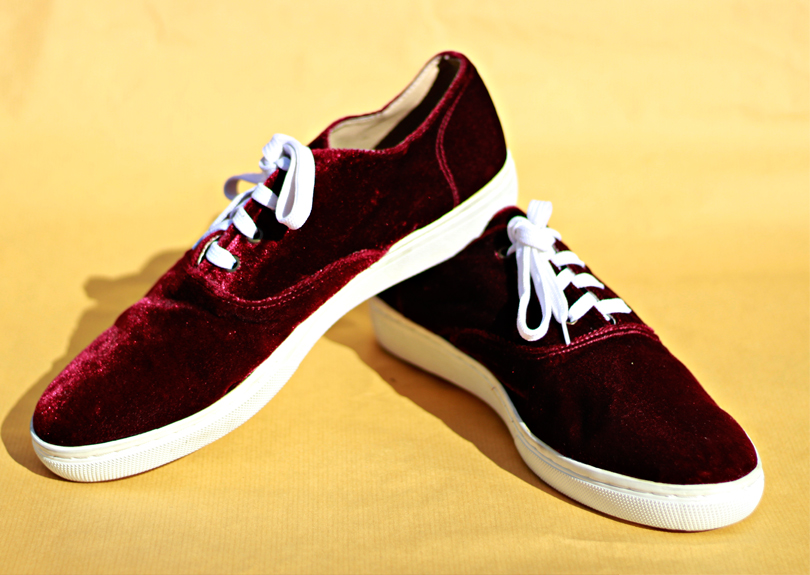 (Copyright Pamela Nicole Mejia)
(Copyright Pamela Nicole Mejia)
Pamela Nicole Mejia from the Philippines tackled one of the biggest polluters in the world: the fashion industry. Phinix is a textile upcycling startup that collects textile wastes and transforms them into high-value products such as footwear, fashion accessories and lifestyle pieces, in lieu of leaving them to be discarded in landfills. Rather than calling it recycling, which generally implies a “downcycling” of value, she prefers upcycling – using waste textiles to make something more valuable than the original materials.
UN Environment’s Director for the Asia-Pacific region, Dechen Tsering, said: “Plastic waste is an issue of upmost urgency for our region. We are simultaneously the highest contributors to marine litter, and the witnesses to the growing plastic waste in our ocean. We must be the ones to spearhead solutions. The talent, passion and potential we find among young entrepreneurs in the Asia-Pacific is the key to solving these problems.”
Learn more about the Asia-Pacific Low-Carbon Lifestyles Challenge, or read the press release.
Published on 05/30/2018